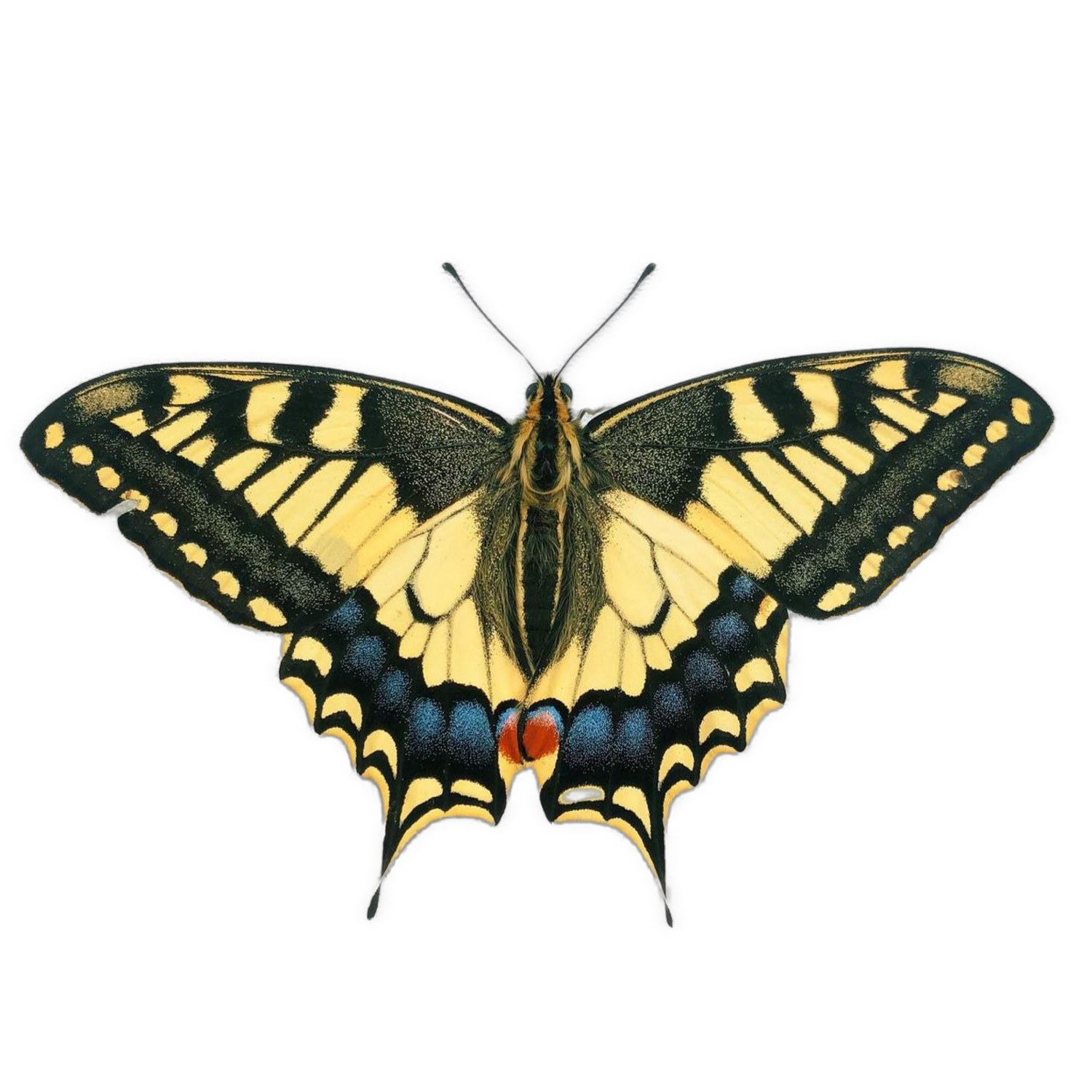Regal & Imperial Moth Care Guide
This guide refers to Regal and Imperial Moths from the families Citheronia and Eacles.

Eggs should be kept in closed plastic containers to prevent them drying out. They will typically darken from a yellow-orange colour to almost black before hatching. When the eggs start hatching, the young caterpillars will benefit from extra humidity at this time, which can be applied by finely misting the inside lid of the container - do not spray directly onto the eggs or allow them to sit in water droplets as this can drown the embryo or cause mould to grow, killing the developing caterpillar before it can hatch.
The best host plants for Citheronia include: Sweet Gum, Ash, Sumac, Walnut, and Hickory. For Eacles: Sweet Gum, Sumac, Oak. Specific host plants will vary by actual species, but these are good starting points.
You can add leaves to their container once the caterpillars hatch, but do not add any prior to this as leaves will release moisture and this often causes the eggs to mould before hatching. I prefer to transfer hatchlings to a new container so that eggs are not affected. Pupation typically occurs around 5 weeks after the caterpillar hatches from the egg. Rearing is not at all challenging following standard methods.

When caterpillars are mature and fully-grown, they will begin to search for somewhere to pupate. In nature, they burrow underground and construct a small chamber within which they pupate. In captivity, you can provide a tray of compost for the caterpillars to pupate among, or move them to another container full of paper towel. The latter is my preferred method, as it is simpler and cleaner.
Generally these moths are univoltine (single-brooded), such is the case for Citheronia regalis, C. splendens, Eacles imperialis, E. oslari, E.masoni, however tropical and subtropical species like Citheronia bellavista and Eacles decoris are typically multivoltine (several broods/continually brooded).
Adult moths require minimal care. They do not eat, having no mouth parts, requiring only ample space to fly. A 60cm mesh cage would be ample size for around 5 or 6 adults, whilst a 90cm cage could accommodate larger numbers. Both are available to purchase on this site. Breeding occurs easily with good air flow.
